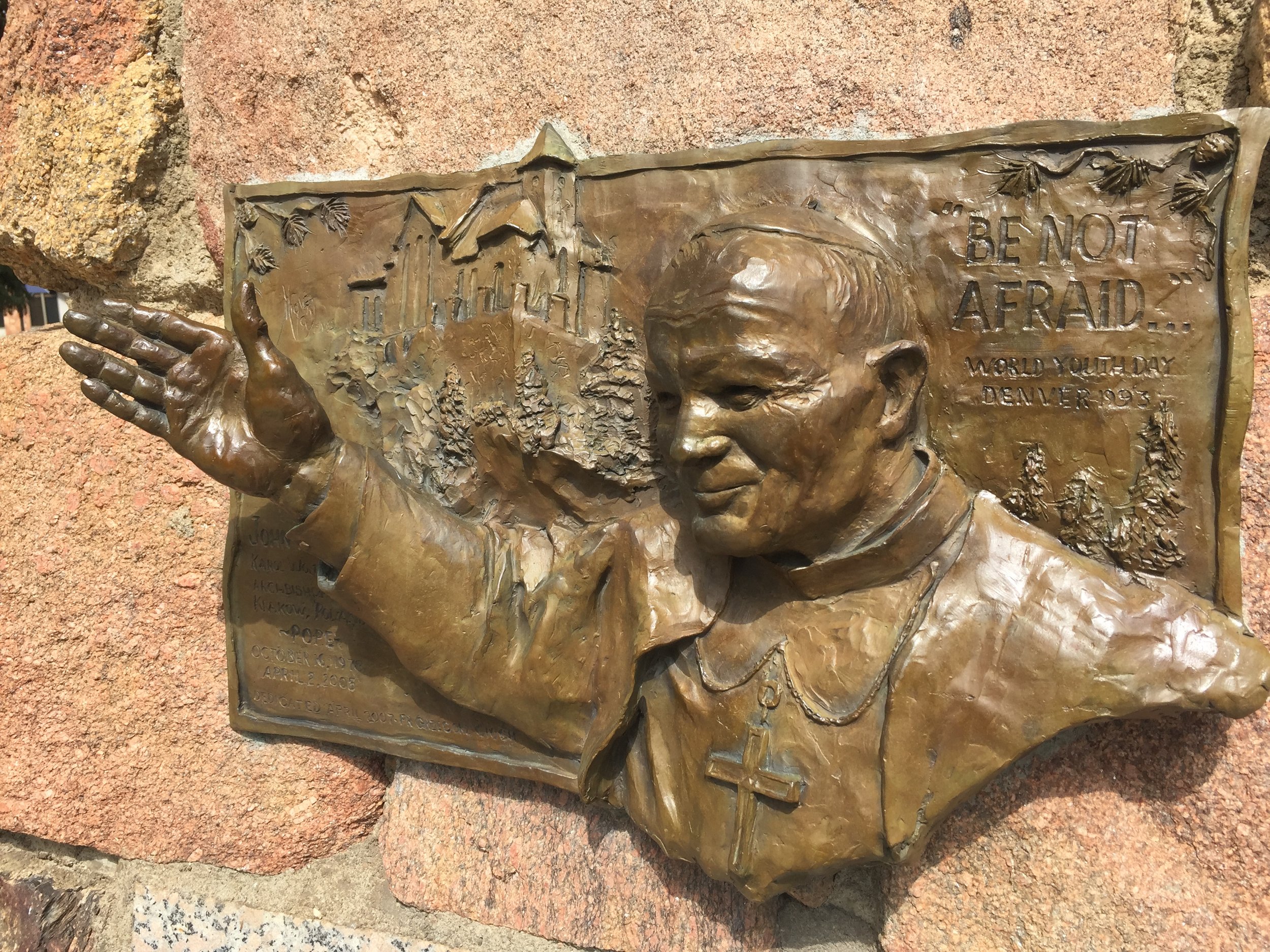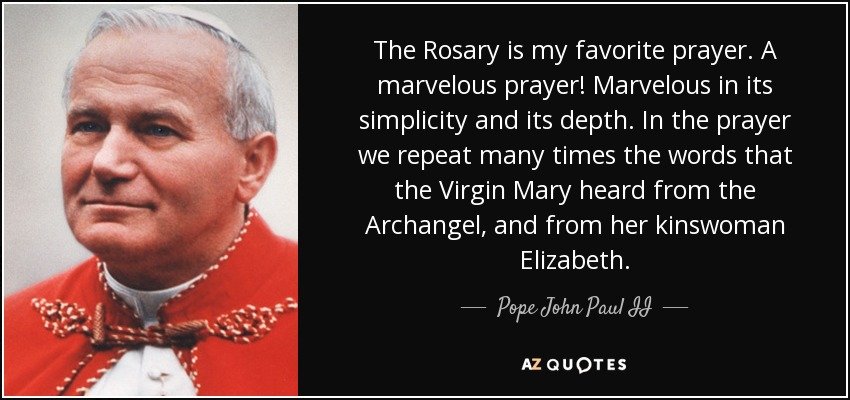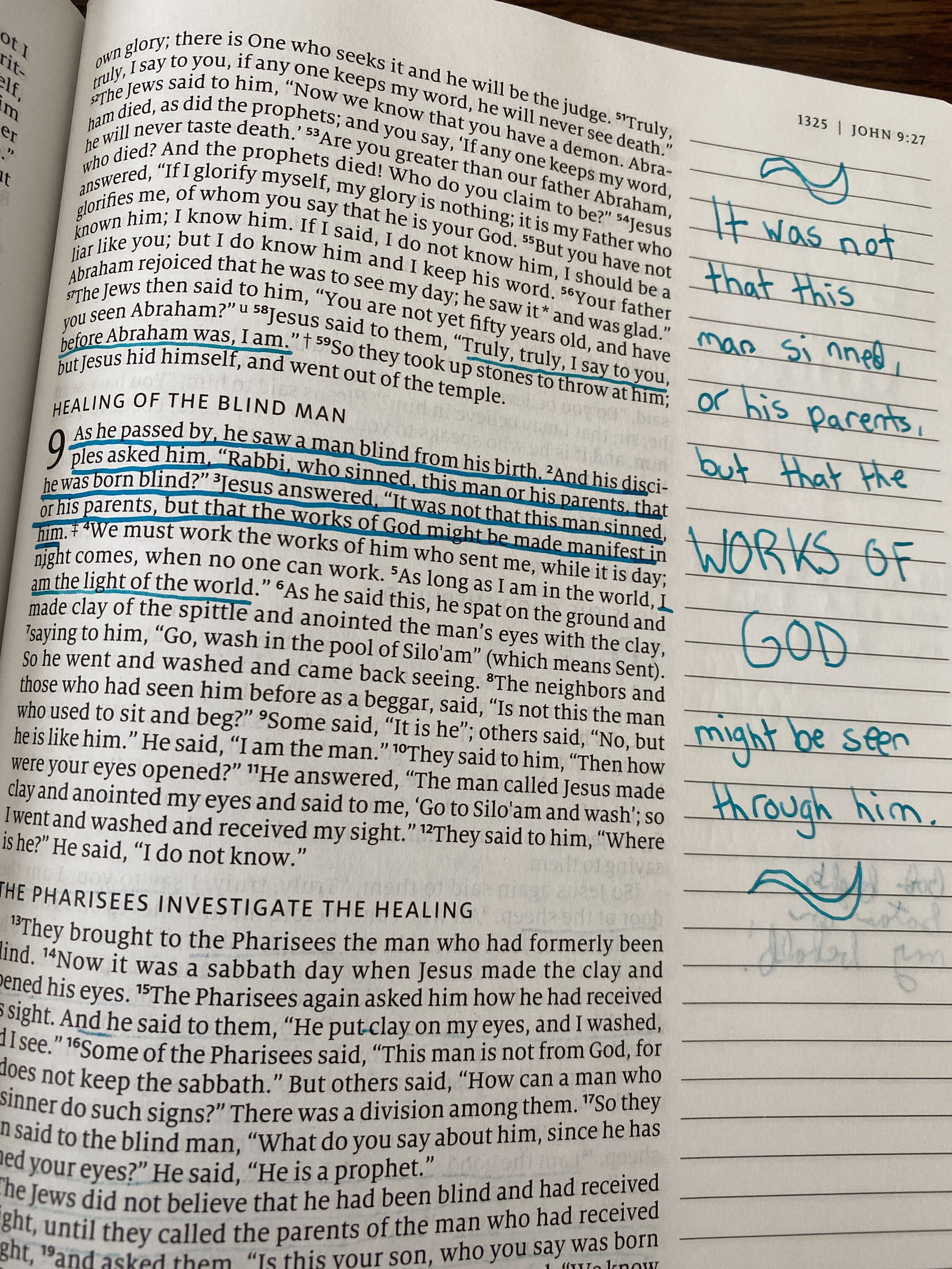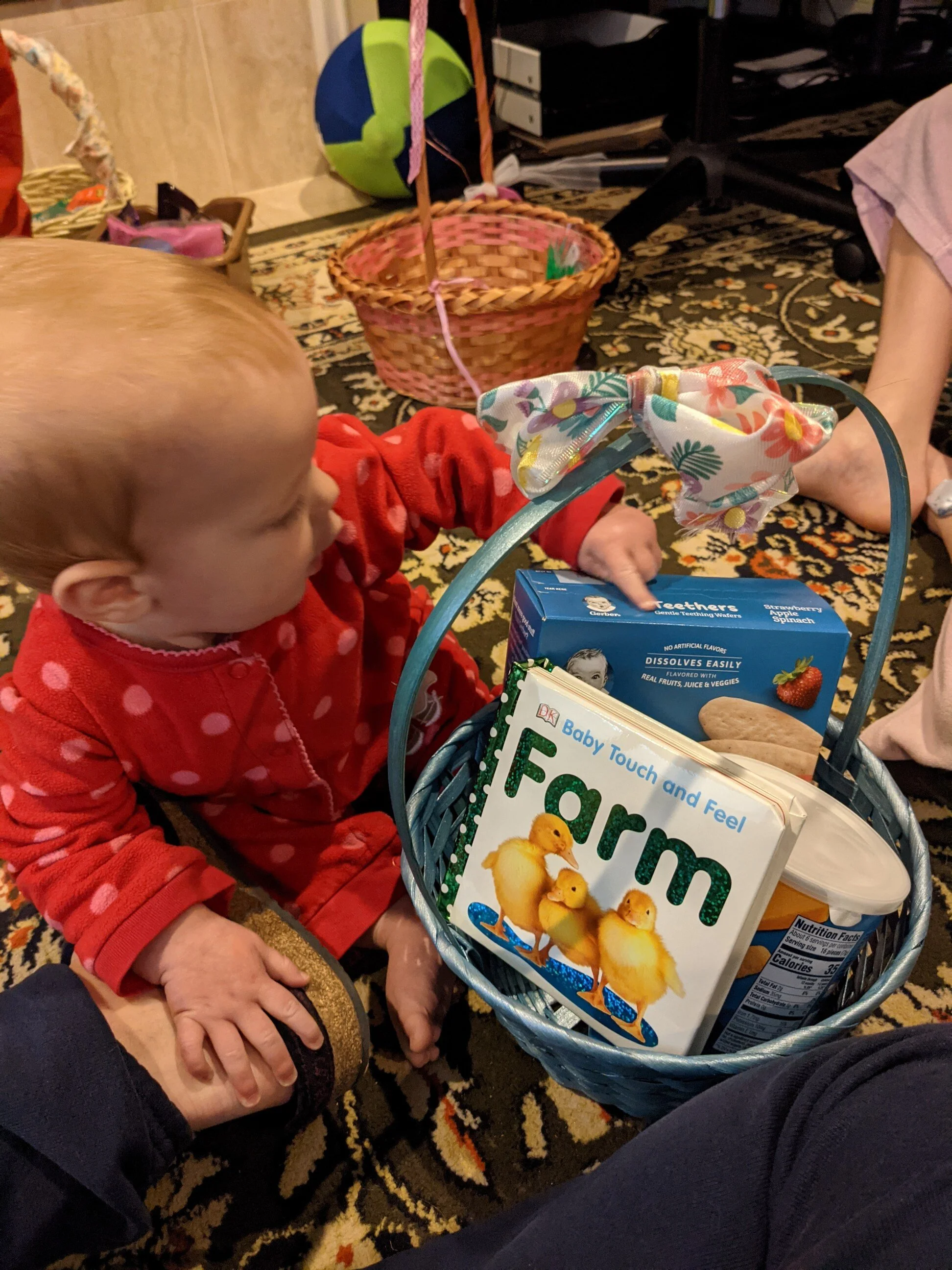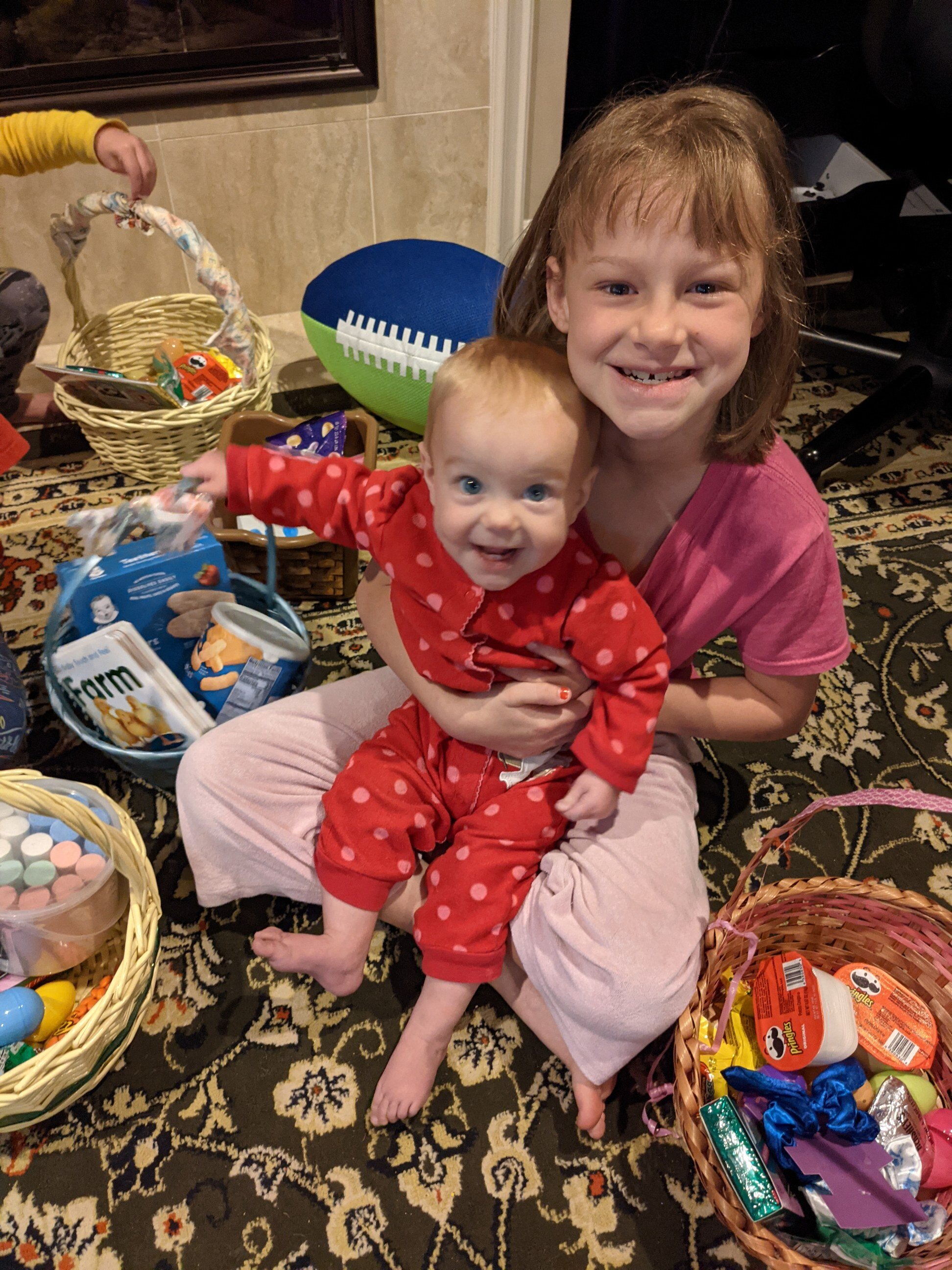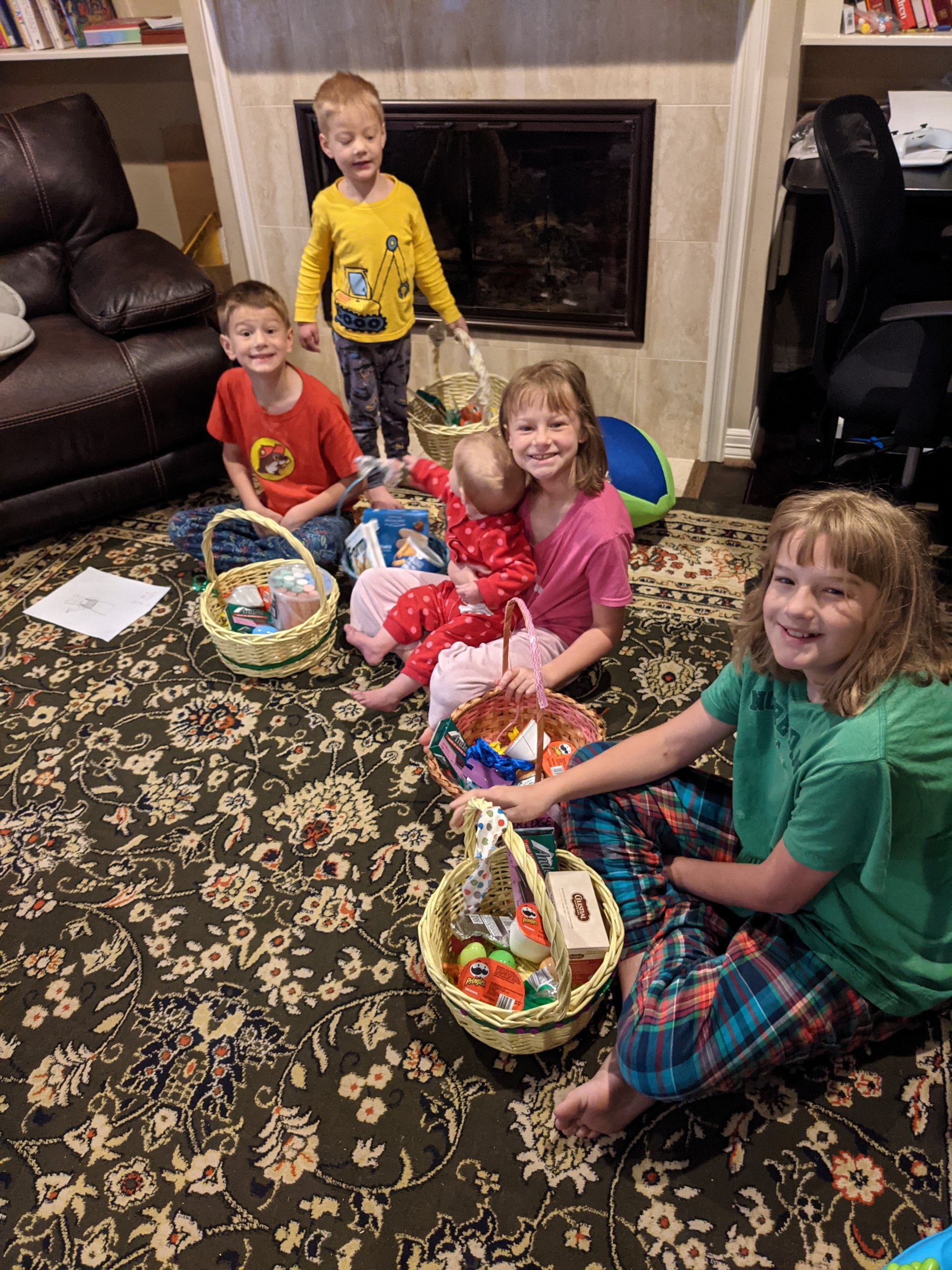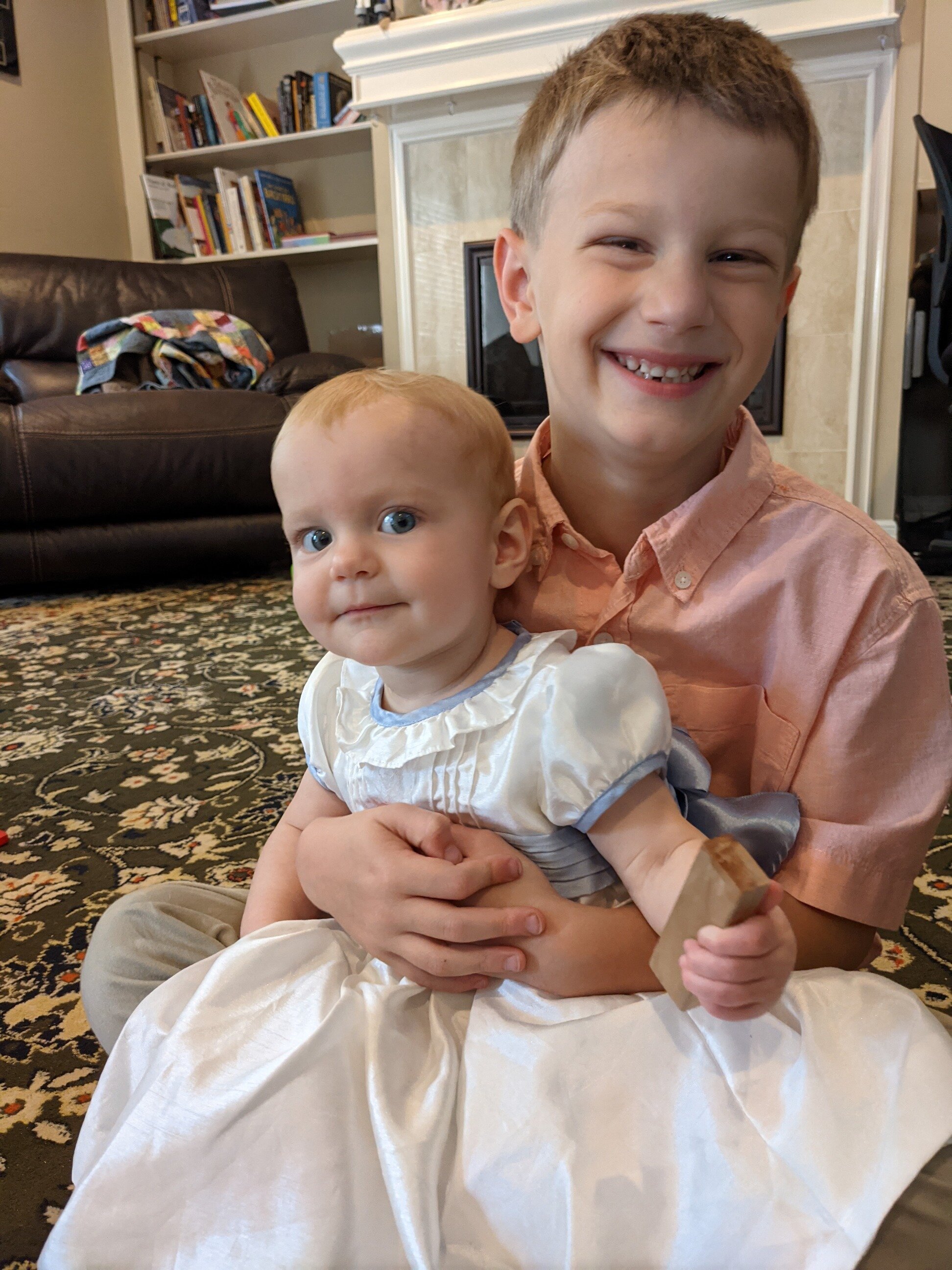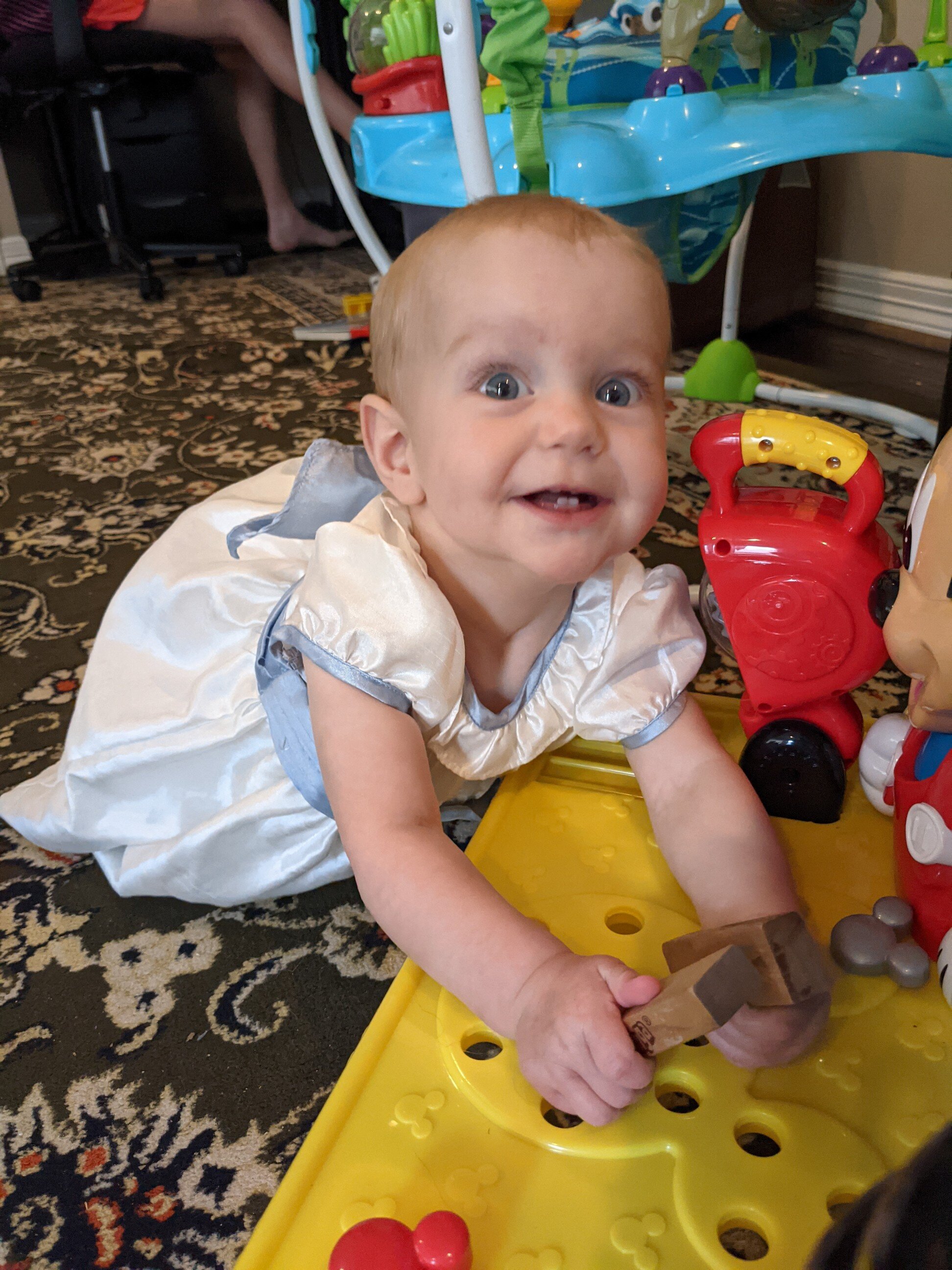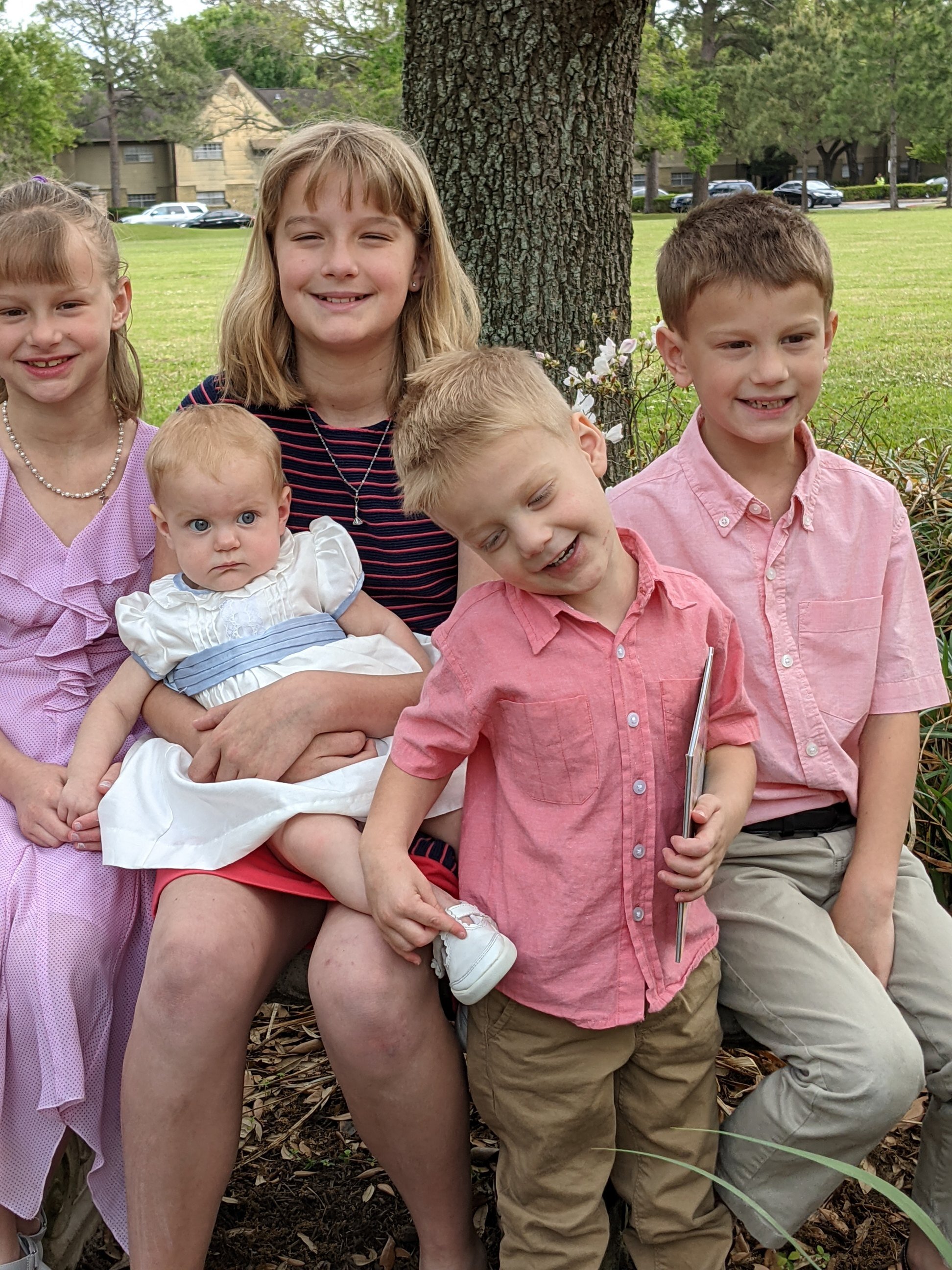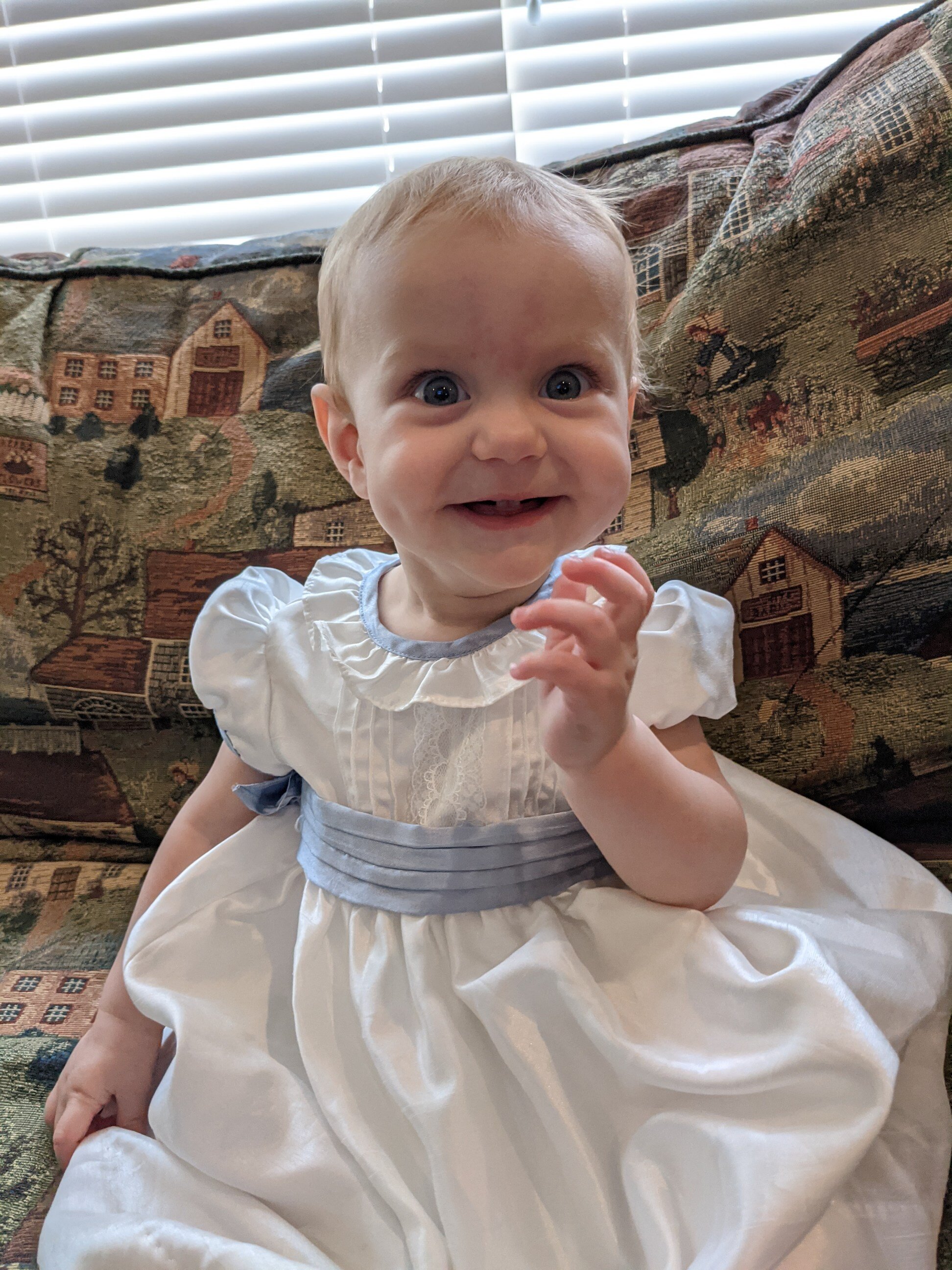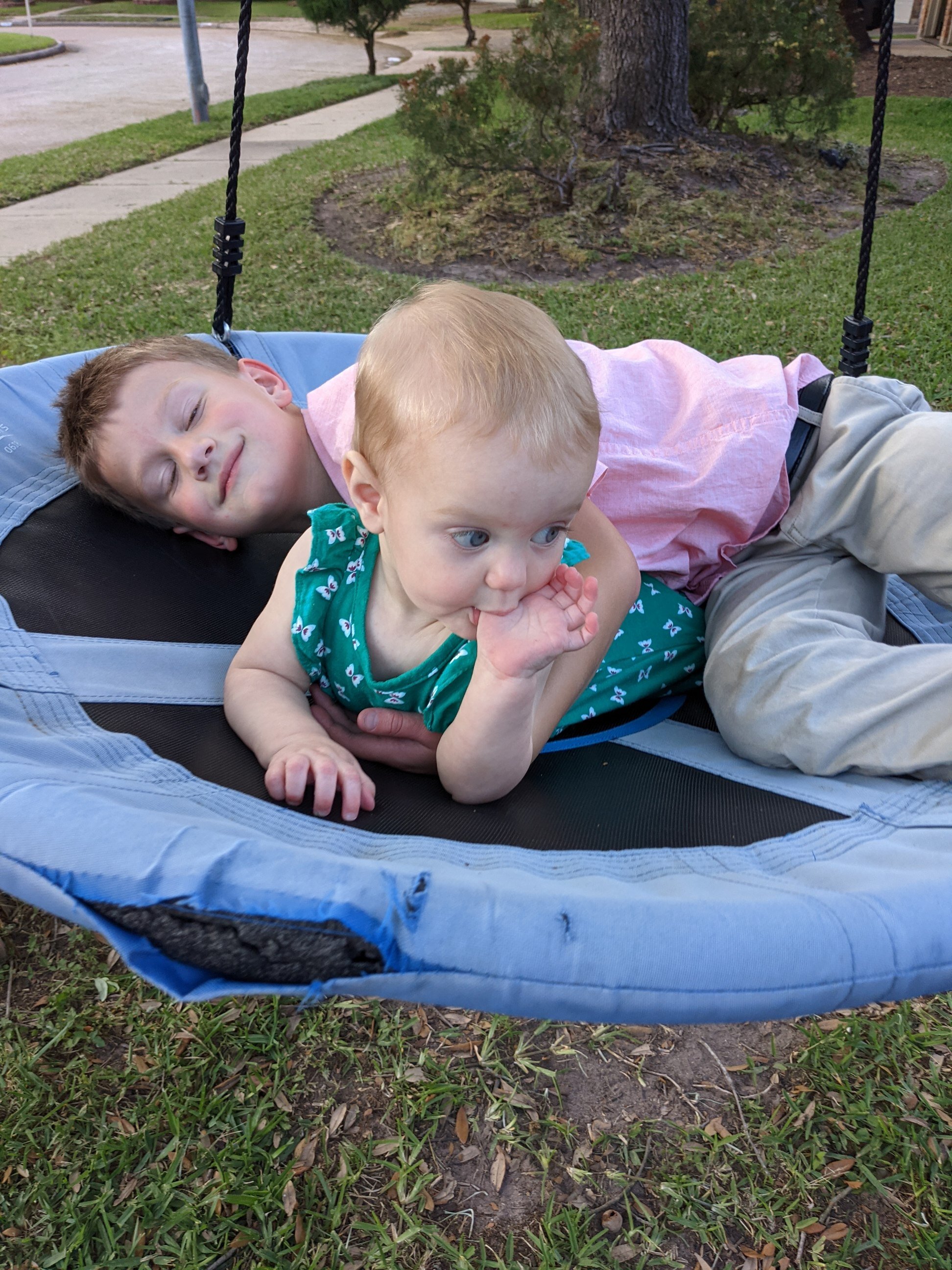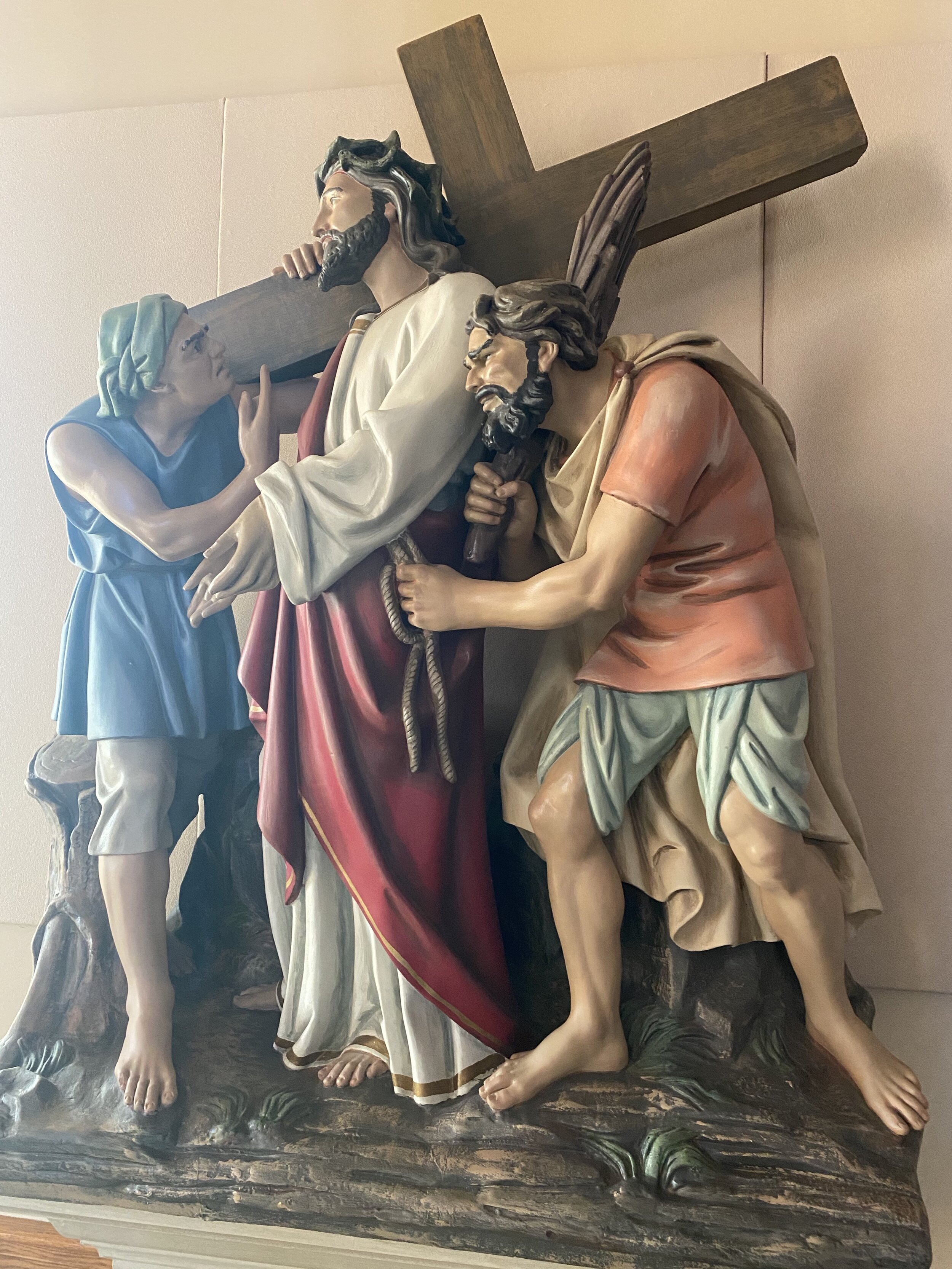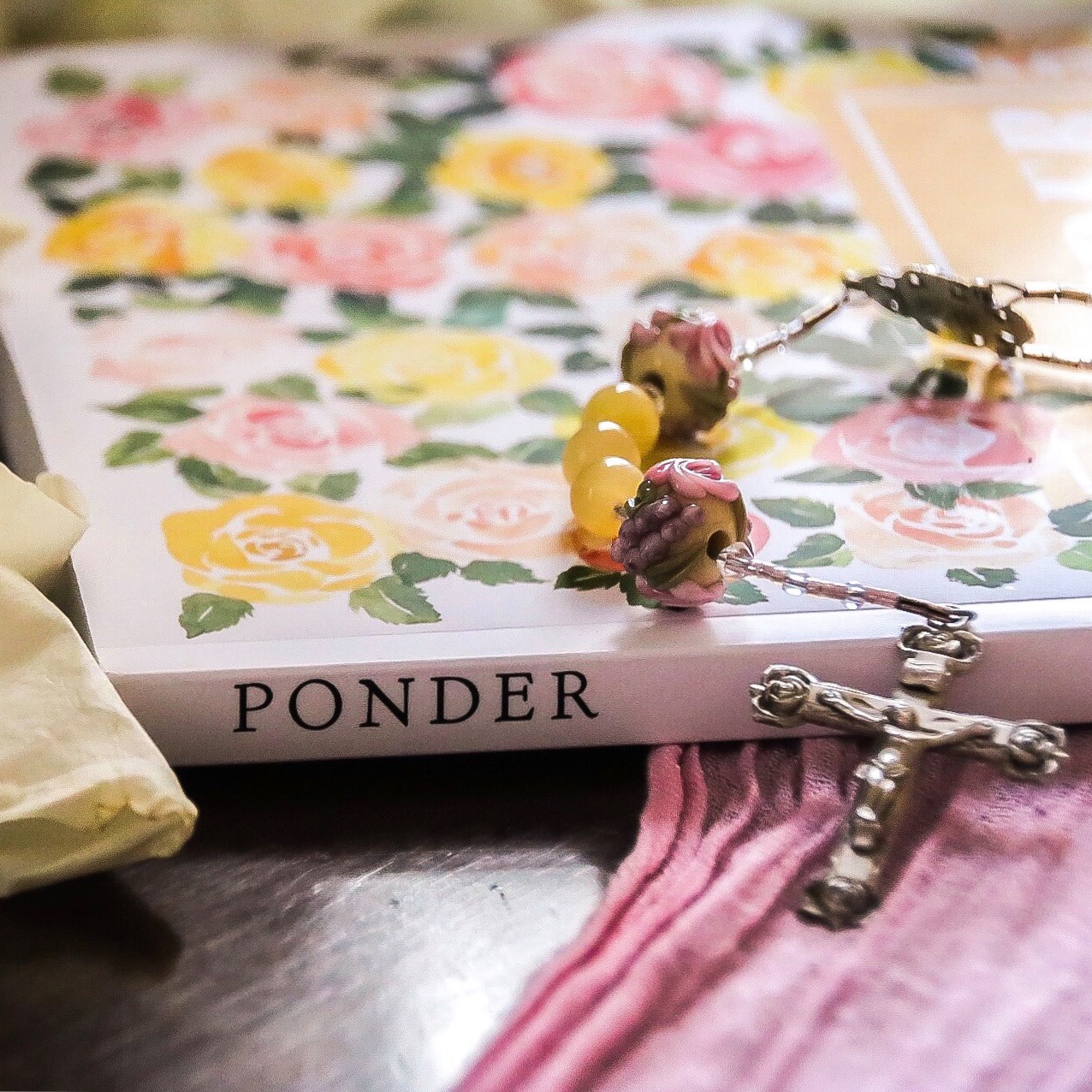There have been a lot of times in my life when Lent rolls around, people ask me what I’m doing for Lent, and I’m thinking, “MY LIFE IS CURRENTLY LENT.” (Not the case this year.)
February and March used to be pretty “sick” times in my life—it was near the end of the school year so my body was getting tired of the early wakes and the heavy schedule. I’d be doing IV antibiotics, or I’d have TB (That was a fun Lent!), or I was in the hospital for some sort of other thing or another.
Life was pretty Lenty.
Pre-transplant, I was not allowed to fast. And I’m not allowed to fast now because I’m diabetic. There was a, oh, five year period where I could fast, and I tried it, and wow, I was so not good at it. Really, really bad.
But all this to say that some years, your Lent chooses you, and you really might not have to do much else.
If you’re in that position, don’t be hard on yourself. Remember what happened to St. Teresa of Avila: One Lent, she had all these great plans for the Lord. She was going to suffer ALL THE THINGS! She was going to do ALL THE PENANCES!
And then she got sick and was in bed for all of Lent. And she decided to complain to the Lord about this.
“Lord,” she said, “I had all these GREAT IDEAS FOR LENT and then you RUINED THEM. (I’m paraphrasing.)”
“That was your plan for Lent,” He said. “This is my plan for your Lent.”
Oh. Well then.
St. Teresa did not do all the things.
It’s OK if you can’t make it to stations every Friday or daily Mass or do whatever other penance you’ve come up with. Bodies can be super dumb. Or, sometimes, what the Lord wants from you is something else.
Either way, don’t beat yourself up if your life is super Lent-y at the moment and you cannot do ALL THE THINGS! Do what you can do, offer up what you can’t, and remember St. Teresa.

